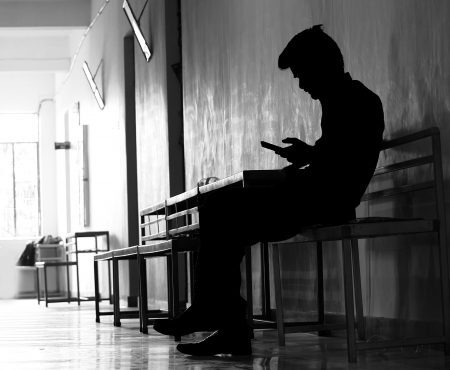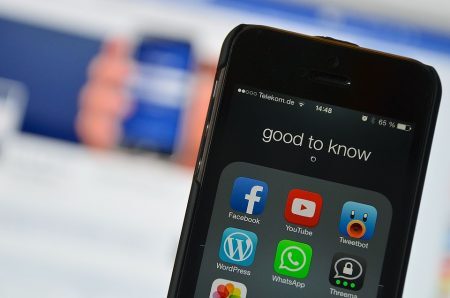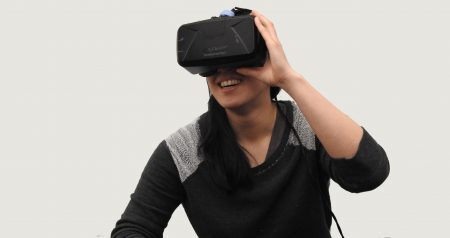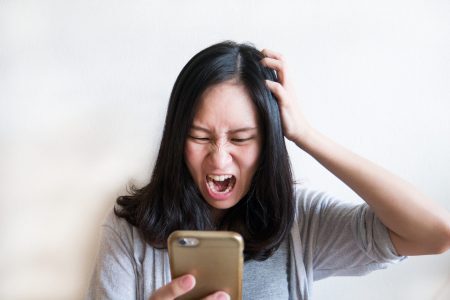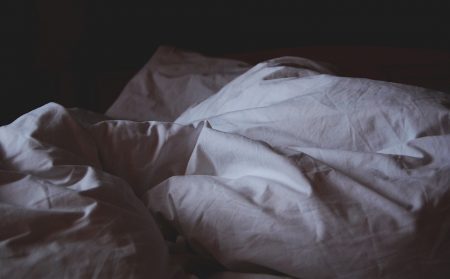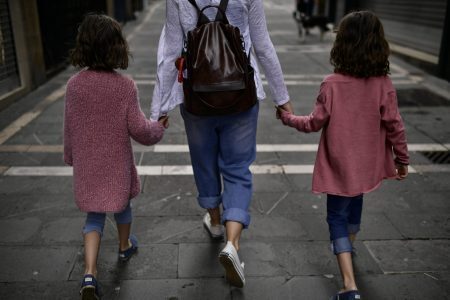Last week Facebook’s internal research revealed Instagram’s toxic effects on some young people’s body image — particularly girls. One study by…
Browsing: mental health
Facebook officials had internal research in March 2020 showing that Instagram – the social media platform most used by adolescents – is…
Through social distancing mandates, lockdown measures and restrictions on gatherings and services, the pandemic has brought about widespread changes to…
Memories are often considered very personal and private. Yet, in the past few years, people have got used to notifications…
With one in four of us expected to experience a mental health problem at any one time, increasing access to treatment has…
COVID-19 has seen all the rules change when it comes to social engagement. Workplaces and schools have closed, gatherings have…
Can’t sleep? Is it a recent thing? Google Trends data suggests that your recent bout with insomnia might have more…
Suffering a quarantine dip in mood? Struggling to find motivation to do anything? You are not alone. Just six weeks of…
The world is upside down right now due to coronavirus. Although there are early signs of tentative re-openings for trial-and-error…
With much of the world in lockdown, our time spent on video calls has risen rapidly. Video conferencing has expanded from being a tool for business meetings to something we use to socialise, worship, and even date on.

